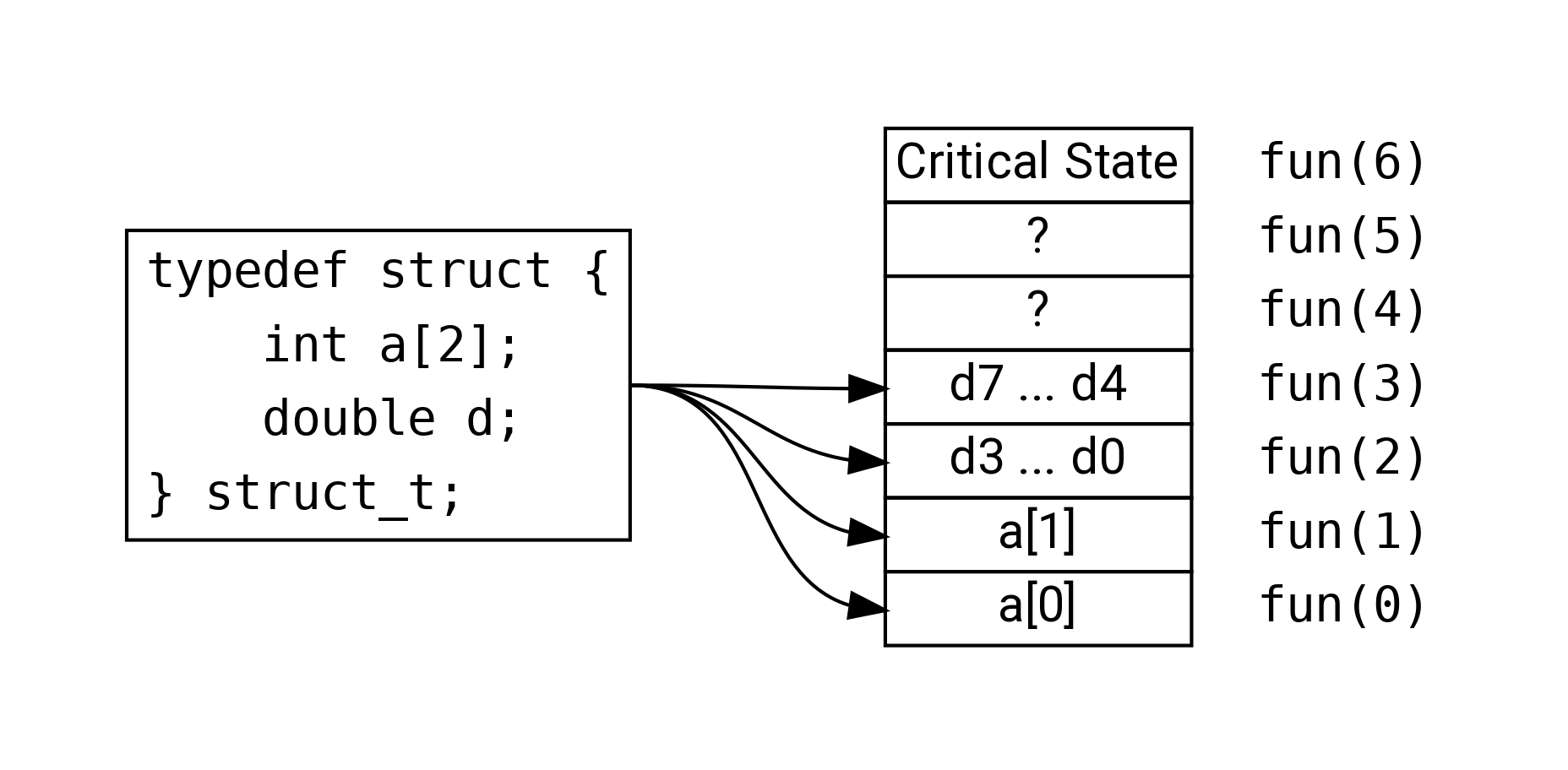Overview
References
- Slides adapted from CMU
Outline
Course theme
Realities of programming
Course Theme
Systems Knowledge
How hardware combine to support the execution of application programs
How you as a programmer can best use these resources
Useful outcomes from taking CSC 235
Become more effective programmers
Prepare for later systems courses
It is Important to Understand How Things Work
Most CS courses emphasize abstraction
Abstract data types
Asymptotic analysis
These abstractions have limits
Especially in the presence of bugs
Need to understand the details of underlying implementations
Sometimes the abstract interfaces do not provide the level of control or performance you need
Realities of Programming
ints are not integers andfloats are not realsknowing assembly is useful
memory matters
there is more to performance than asymptotic complexity
computers do more than execute programs
ints and floats
Example: is \(x^2 \geq 0\)?
float: yesint: ?
Example: is \((x + y) + z = x + (y + z)\)?
unsigned and signed
ints: yesfloats: ?
Computer Arithmetic
Arithmetic operations have important mathematical properties
But, we cannot assume all the “usual” mathematical properties
due to finiteness of representations
integer operations satisfy “ring” properties: commutativity, associativity, and distributivity
floating point operations satisfy “ordering” properties: monotonicity and values of signs
Observation
Need to understand which abstractions apply in which contexts
Import issues for compiler writers and serious application programmers
Knowing Assembly is Useful
You will probably never write programs in assembly
- compilers are typically much better and more patient than you are
But, understanding assembly is key to the machine-level execution model
behavior of programs in the presence of bugs
tuning program performance
implementing system software
creating / fighting malware
Memory Matters
Memory is not unbounded
it must be allocated and managed
many applications are memory dominated
Memory referencing bugs are especially pernicious
- effects are distant in both time and space
Memory performance is not uniform
cache and virtual memory effects can greatly affect program performance
adapting program to characteristics of memory system can lead to major speed improvements
Memory Referencing Bug Example
Code with a bug:
typedef struct { int a[2]; double d; } struct_t; double fun(int i) { volatile struct_t s; s.d = 3.14; s.a[i] = 1073741824; /* Possibly out of bounds */ return s.d; }What is the result of
fun(6)?
Memory Referencing Bug Example

Memory Referencing Errors
C and C++ do not provide any memory protection
out of bounds array references
invalid pointer values
abuses of malloc/free
Can lead to nasty bugs
- Whether or not a bug has any effect depends on the system and compiler
How do we deal with this?
program in a memory safe language
understand what possible interactions may occur
use or develop tools to detect referencing errors
Asymptotic Complexity and Performance
Constant factors matter
Exact operation count does not predict performance
- must optimize at multiple levels: algorithm, data representation, procedures, and loops
Must understand the system to optimize performance
how programs are compiled and executed
how to measure program performance and identify bottlenecks
how to improve performance without destroying code modularity and generality
Memory System Performance Example
Slower
void cpy(int src[2048][2048], int dst[2048][2048]) { for (int j = 0; j < 2048; j++) for (int i = 0; i < 2048; i++) dst[i][j] = src[i][j]; }Faster
void cpy(int src[2048][2048], int dst[2048][2048]) { for (int i = 0; i < 2048; j++) for (int j = 0; j < 2048; i++) dst[i][j] = src[i][j]; }
Computers do more than execute programs
They need to get data in and out
- I/O system critical to program reliability and performance
They communicate with each other with each other over networks
Many system-level issues arise in the presence of a network
concurrent operations by autonomous processes
coping with unreliable media
cross platform compatibility
complex performance issues
Course Perspective
This course is programmer-centric
By knowing more about the underlying system, you can be more effective as a programmer
Enable you to write programs that are more reliable and efficient